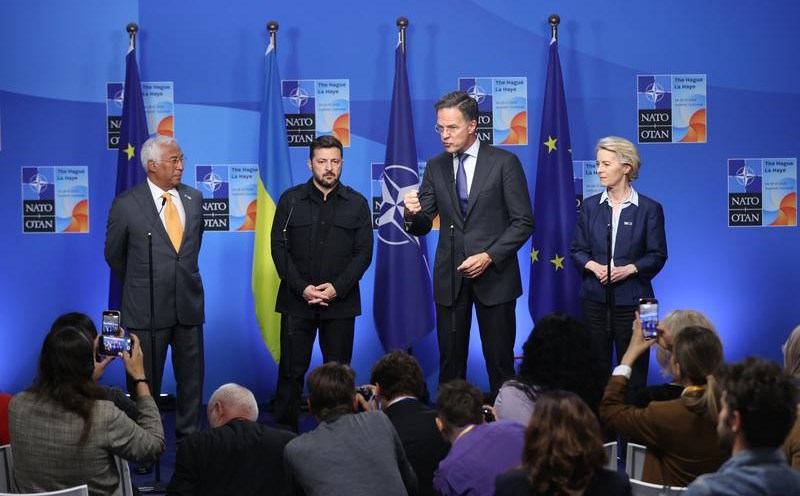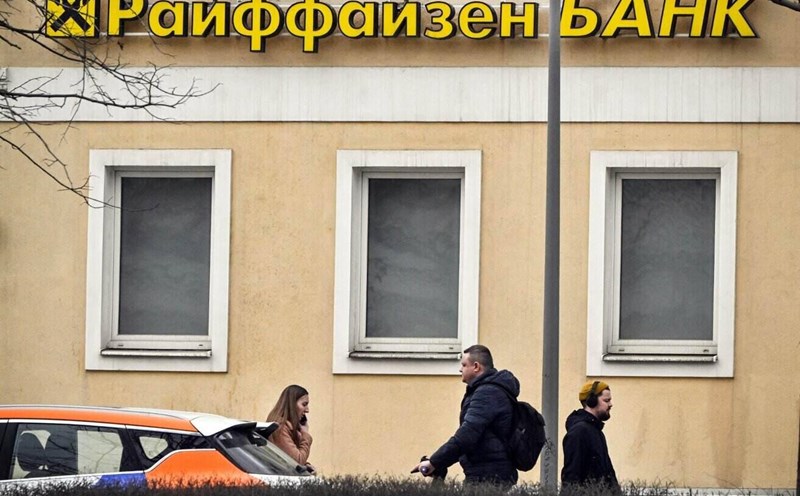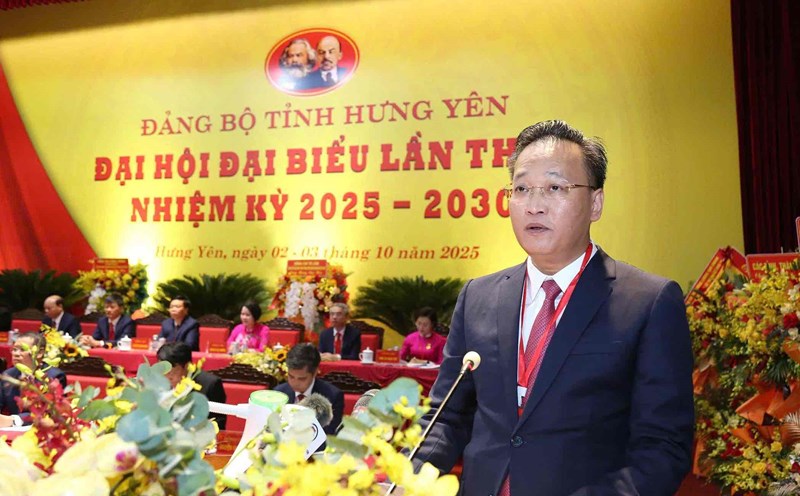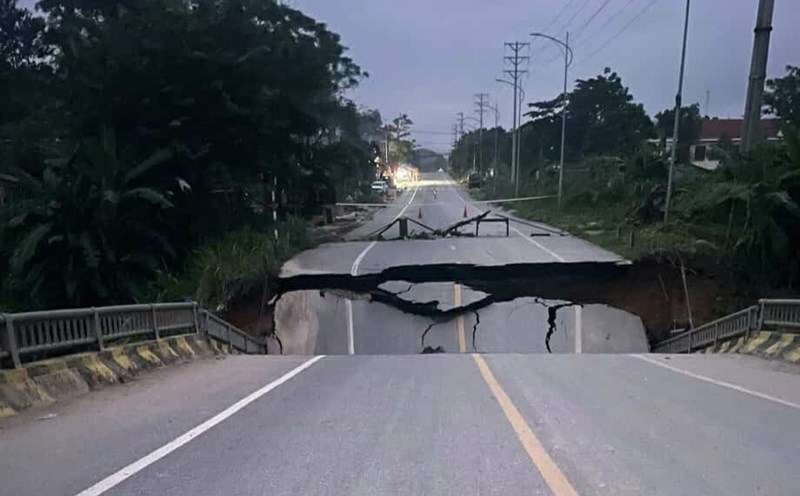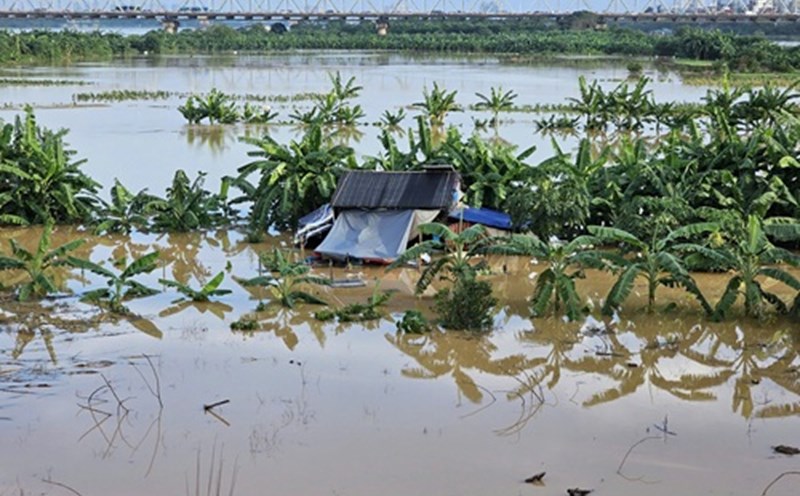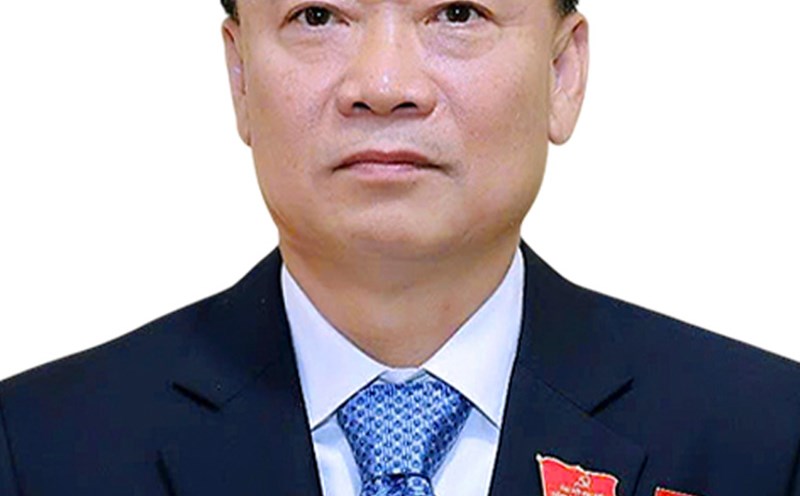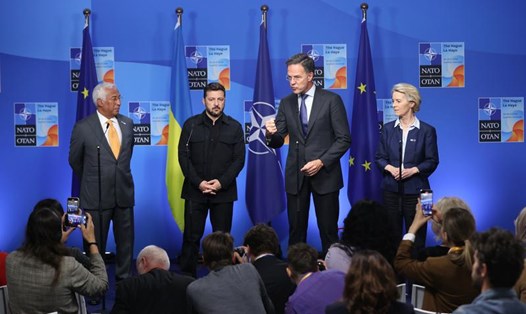However, observers are skeptical that this is a political slogan rather than a reality, as the technical, financial and coordination barriers are still unresolved.
At the EU summit in Copenhagen, Danish Prime Minister Mette Frederiksen emphasized: Europe must have the ability to defend. We need to increase drone production, increase drone control capacity and build a defense network to detect and disable all external intrusion.
The announcement came just days after many Danish airports were forced to stop operations due to strange UAVs. Poland had previously recorded about 20 suspicious Russian drones overtaking airspace, while Estonia accused the Russian fighter jets of encroaching. These incidents have raised aviation security concerns and put Russia at the center of criticism, although Moscow denied involvement.
European Commission President Ursula von der Leyen has long called for the development of a shield against UAVs across the bloc a network of sensors and weapons to detect, track and disable drone invasion. Ms. Von der Leyen said that the eastern edge of Europe will be a top priority, due to its location near Russia, but a "drone wall" will be formed as a shield for the entire continent. The idea was immediately supported by NATO, with Secretary General Mark Rutte calling it a tidy and necessary initiative.
However, many experts warn of the feasibility of the plan. An EU official admitted that the idea looked like a "PR trick", hiding the complicated reality. The deployment of UAV defense systems in the airspace is already packed with civil and transport aircraft, posing a potential risk of causing unwanted damage. In addition, the question of who will coordinate the whole block has not yet been answered.
Financial problems also arose. Germany - a country that is sharply increasing defense spending - has said it will not accept joint loans for financing. Meanwhile, some Western and Southern European countries have expressed concern that the common budget will mainly serve the interests of countries near Russia.
Despite the disagreement, the consensus in Copenhagen shows that the EU is paying more attention to Moscow. Russia will continue to challenge us. We must prepare and improve our defense capabilities, affirmed Finnish Prime Minister Petteri Orpo.
However, according to analysts, the debate about the drone wall reflects a deeper confusion: Europe still depends heavily on the US in security, especially air defense. President Donald Trump has repeatedly asked NATO allies to shoulder their responsibility instead of relying on Washington.
Meanwhile, leaders of some EU countries called for an increased perspective. Italian Prime Minister Giorgia Meloni stressed that the southern border also needs attention, while French President Emmanuel Macron suggested adding an early warning system and long-range deterrence capabilities, instead of focusing only on UAV defense.
From Moscow, Kremlin spokesman Dmitry Peskov denied the UAV-related allegations, while harshly criticizing the plan: History shows that building walls is always a bad thing. It is a pity that the confrontation and mediation policy creates new barriers in Europe.
In addition to security issues, the EU summit in Copenhagen also witnessed a debate on the use of frozen Russian assets in Europe to raise funds to support Ukraine. This will still be a topic that causes division in the coming time.

